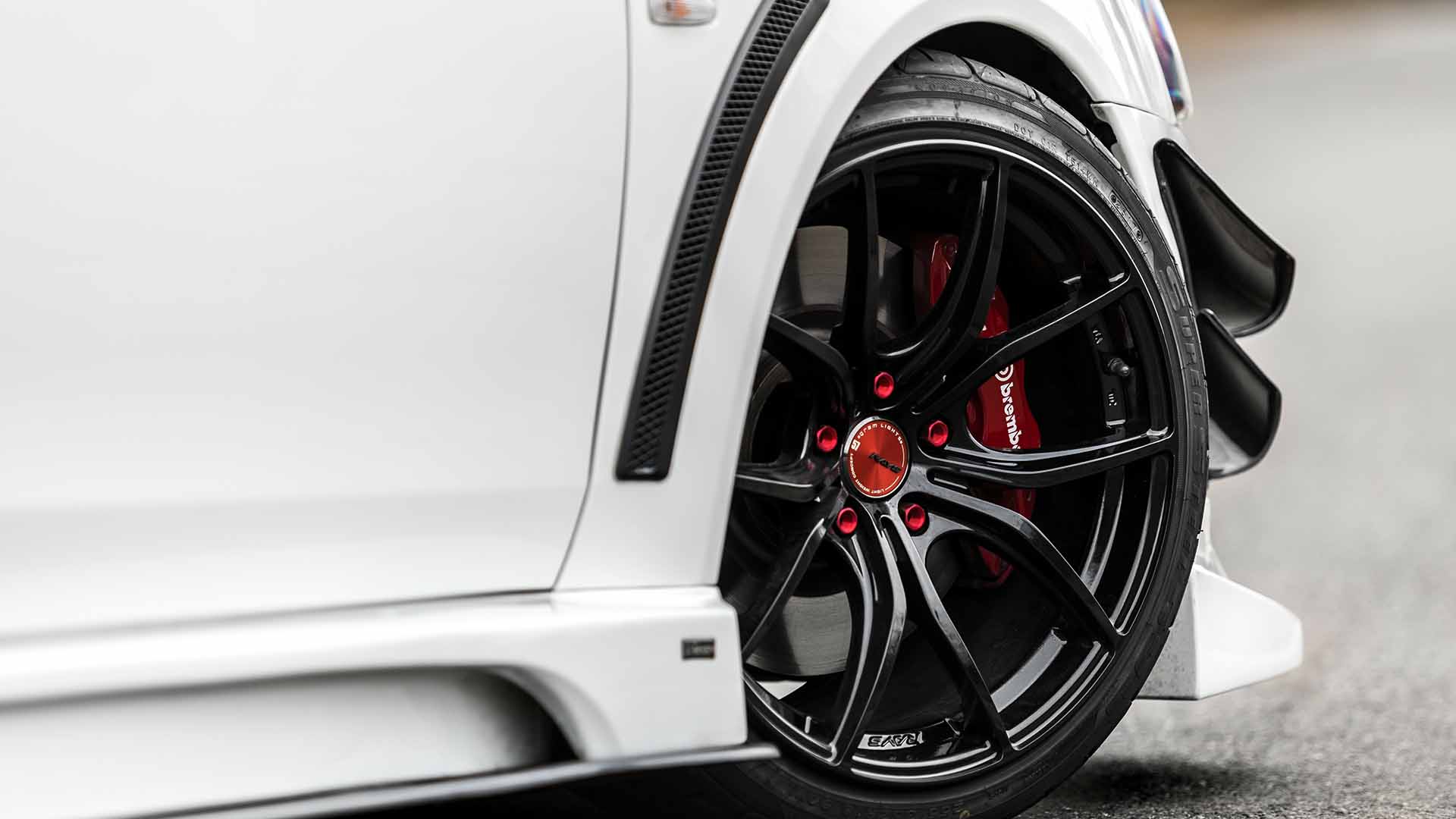
Representative Example: You could borrow £10,699 over 60 months with an initial payment of £495.89 (including £199 Admin Fee) followed by 58 monthly payments of £296.89 with a final payment of £495.89 (including optional £199 Option to Purchase Fee). Total amount repayable will be £19,012,40. 26.1% APR, annual interest rate (fixed) 13.3%.
The Admin Fee is a £199 fee that helps cover the costs of setting up your finance agreement. It covers things like preparing your agreement documents, carrying out credit and identity checks, and arranging payment to the broker. This fee is paid at the same time as your first payment, and it isn't refundable. It's separate from your deposit and from any other charges on your agreement.
The Optional Purchase Fee is a £199 fee you only pay if you decide to buy the car at the end of your finance agreement. You don't have to buy the car, that's entirely your choice. If you choose to hand the car back instead, you won't pay this fee. If you decide to keep the car, you'll need to pay the £199 Optional Purchase Fee, usually along with your final payment, to transfer legal ownership of the vehicle to you. This fee covers the cost of finalising your agreement and removing our interest in the vehicle. It's separate from your deposit and from any other charges on your agreement.
The amount shown is an illustration of a typical monthly payment based on the Representative APR. These figures are for guidance only; the actual payments and rate you're offered will depend on your individual circumstances and are not guaranteed. Please see below for details of how your first and final payments may be different.
Can I Modify a Car on Finance?
Thinking about making changes to your car, but not sure if you can because it's on finance? You’re not alone. Many people on HP car finance want to personalise their vehicle, but there are important rules to understand before making any modifications.
Since the finance company still owns the car until the agreement is paid off, you usually need their permission to make any changes. Even small upgrades could affect your agreement, your car insurance, or the car’s resale value.
A car modification is any change made to the vehicle that alters it from the original manufacturer’s design. This could affect the car’s look, performance, or features.
Here are some common examples:
Cosmetic modifications:
Performance modifications:
Even something as small as a custom badge or window tint might count. Always check with your finance provider first.
Not without permission. If you’re in a hire purchase agreement, the car belongs to the lender until you've made all the payments. That means you must ask them before making any changes.
If you go ahead without approval, you could break the terms of your finance agreement. This could result in:
Some lenders see unauthorised modifications as a risk, especially if they reduce the car’s value or affect your insurance cover.
A car modification is any change made to the vehicle that differs from how it was originally built by the manufacturer. This includes anything that alters the car’s appearance, performance, features, or functionality.
Modifications can be big or small, and even minor changes might count if they affect how the car looks or drives. For example, upgrading your alloy wheels, changing the paint colour, adding a spoiler, or installing a new sound system are all considered modifications.
These changes can affect:
Whether the change is for style, comfort, or performance, it’s important to check whether your finance company allows it before going ahead.
Most likely to be approved:
Less likely to be approved:
Each finance company has its own rules when it comes to car modifications. While some lenders have strict policies that don’t allow any changes, others may be more flexible. Some modifications might not be covered under your finance agreement, so it’s always best to contact your lender directly to check what changes, if any, are allowed.
If you make changes to the car without first getting approval from your finance company, you could face serious consequences. Since the vehicle is legally owned by the lender until the HP car finance agreement is fully paid off, they have the right to protect its condition, value, and resale potential.
Modifying the car without permission could be seen as breaching the terms of your agreement. As a result, your lender may:
This is especially true for modifications that affect the safety, insurance, or resale value of the car, such as engine tuning, bodywork changes, or electrical upgrades.
Even small cosmetic changes could cause problems if they haven’t been approved in writing. To avoid any risk of losing the car or damaging your credit file, always check with your lender first and get permission in writing before going ahead.
Yes, modifications almost always impact insurance. Even if your lender approves the changes, your insurer may see them as a risk.
Some possible outcomes:
Performance upgrades, like tuning the engine, may increase your accident risk in the eyes of the insurer. Even cosmetic changes like tinted windows can affect your premium.
You must inform your insurer about any approved modifications, failing to do so might leave you uncovered when you need it most.
If you're planning a change, contact your lender before doing anything. Most HP car finance agreements will include a phone number or email for these types of requests.
When you ask, include:
Keep a written record of the lender’s reply, and only go ahead once you’ve got full approval.
If you’ve added any modifications, whether approved or not, you’ll likely need to return the car in its original condition at the end of your finance agreement.
It’s not advised to make any changes or modifications to the vehicle without your lender’s permission, as this could breach the terms of your agreement and lead to financial penalties.
When returning the car, you may be required to:
Returning a car with unauthorised modifications may affect your settlement amount and could result in additional charges, especially if the changes reduce the car’s value or make it harder to resell.
If you plan to keep the car long term, you might want to wait until you’ve paid off the agreement in full. Once you own the vehicle outright, you’re free to modify it without needing the lender’s approval. Alternatively, speak to your finance provider about settling your agreement early if you're eager to personalise the car.

